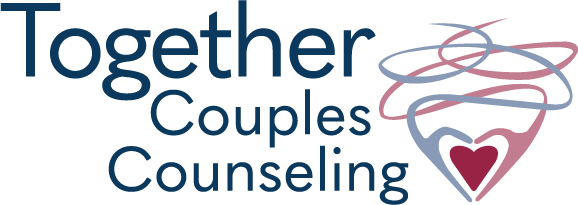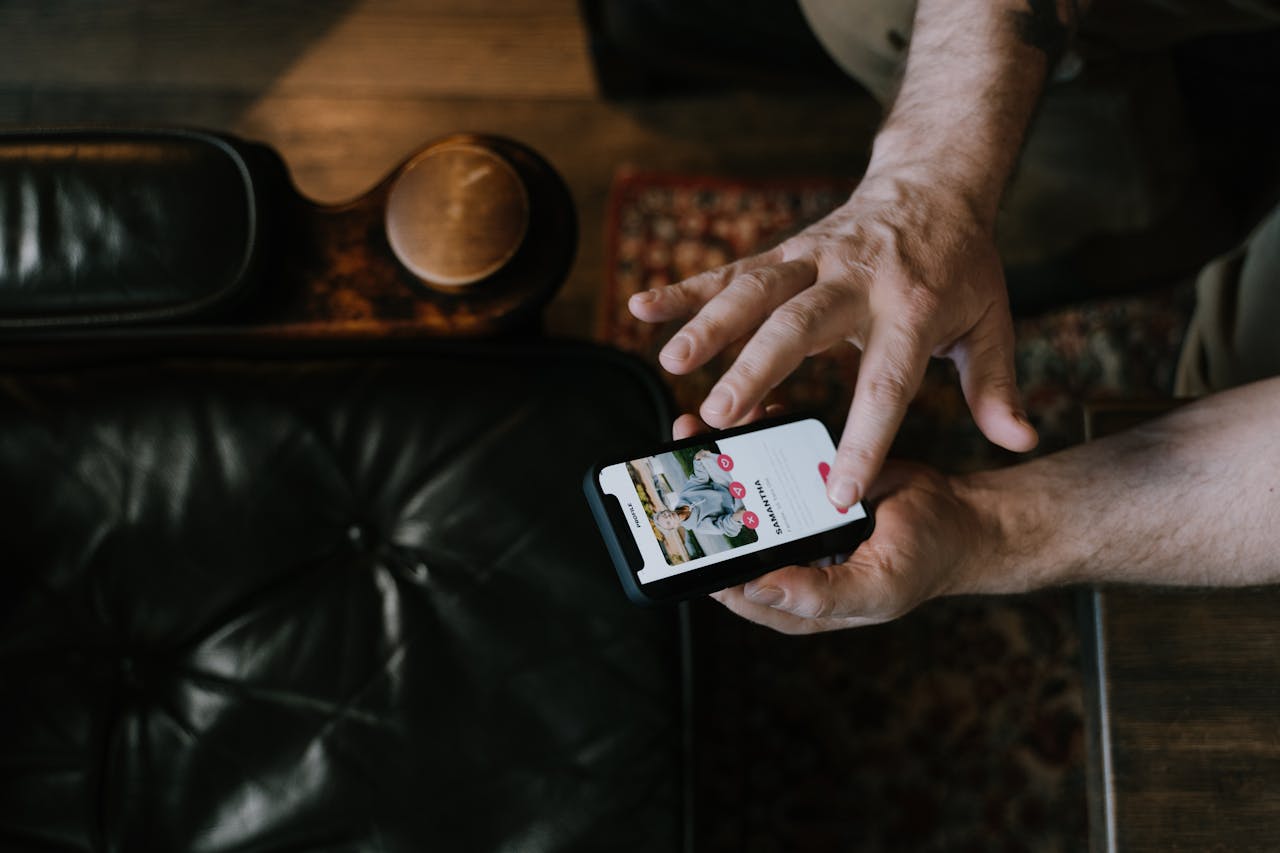Social media has become an integral part of daily life for many people. While it offers many benefits, it also introduces challenges, particularly when it comes to sexual expression. From a Relational Life Therapy (RLT) perspective, social media plays a significant role in how people express their sexuality, form intimate connections, and navigate relationships. This article will explore these themes through the lens of RLT, which emphasizes emotional connection, communication, and authenticity in relationships.
The Digital Shift in Sexual Expression
In the past, sexual expression was often confined to private spaces. Today, social media platforms have made it easier to express desires, fantasies, and sexual identities publicly. People can share intimate details about their lives, communicate with others, and even explore sexual content. For some, this shift can be empowering, offering a sense of freedom to explore their sexuality. However, it can also complicate relationships and impact emotional intimacy.
RLT emphasizes the importance of authentic emotional connections. When sexual expression moves into the digital space, it can sometimes create distance between partners or lead to misunderstandings. The curated nature of social media can mask true feelings, causing people to present idealized versions of themselves. This can result in emotional disconnection, which contradicts the foundational principles of RLT, which prioritize openness, vulnerability, and real-time communication.
The Impact on Intimacy and Connection
One of the core principles of Relational Life Therapy is the concept of “emotionally safe” relationships. This means that individuals feel comfortable being vulnerable and honest without fear of judgment. On social media, this emotional safety can be compromised, as the focus often shifts from connection to validation. Many people seek approval through likes, shares, or comments, which can create a sense of superficial connection. In romantic or sexual relationships, this may lead to one partner feeling disconnected or unappreciated if their emotional needs are not being met.
The constant availability of digital interactions can also lead to issues like comparison or jealousy. Partners may compare their relationship or physical appearance to others on social media, which can create unnecessary tension. From an RLT perspective, these issues arise when people are more focused on external validation than on the internal emotional needs that form the core of any meaningful relationship.
Navigating Boundaries and Communication
Setting healthy boundaries is a vital aspect of any relationship, particularly when sexual expression is involved. Social media often blurs the lines between public and private life, making it difficult for individuals to navigate these boundaries. In a relationship, partners may struggle with how much to share on social media, or what types of sexual content are acceptable to post or engage with online.
RLT encourages couples to have open and honest discussions about their boundaries, both in person and in the digital realm. These conversations should include topics like privacy, consent, and how to handle situations where one partner may feel uncomfortable with something the other has shared online. Communication is key to maintaining trust and emotional intimacy, and it is essential to ensure both partners feel respected and heard.
The Role of Social Media in Self-Discovery
While social media presents challenges, it can also serve as a tool for self-discovery. Many individuals use these platforms to explore their sexual identities, desires, and boundaries. This can be a helpful process when done mindfully and respectfully, as it allows people to learn more about themselves and their sexual preferences. However, from an RLT perspective, it is important to balance self-exploration with real-life connection and communication with a partner.
Conclusion
Social media is undoubtedly shaping how we express our sexuality and connect with others. However, it is crucial to approach this new landscape thoughtfully. By maintaining healthy boundaries and prioritizing emotional safety, individuals can use social media as a tool for positive self-expression while also nurturing deep, meaningful relationships. Are you interested in working with an RLT-trained sex therapist? Do not hesitate to schedule a consultation with me.






